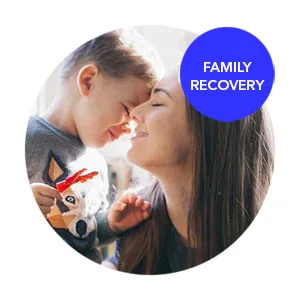
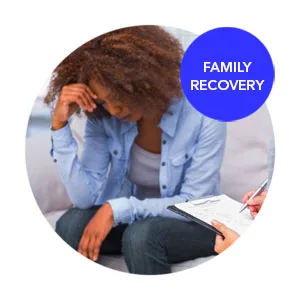
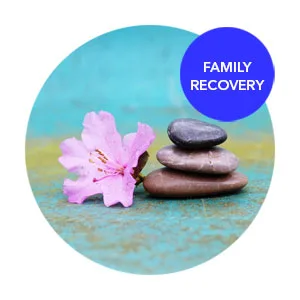
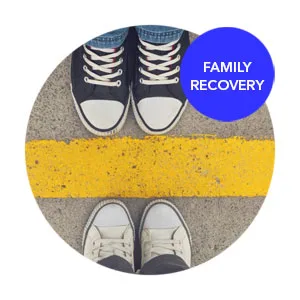
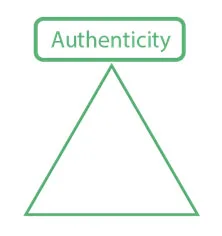
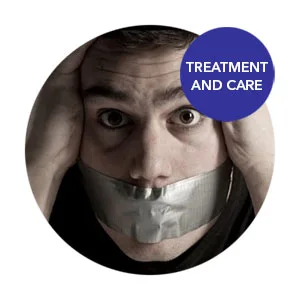
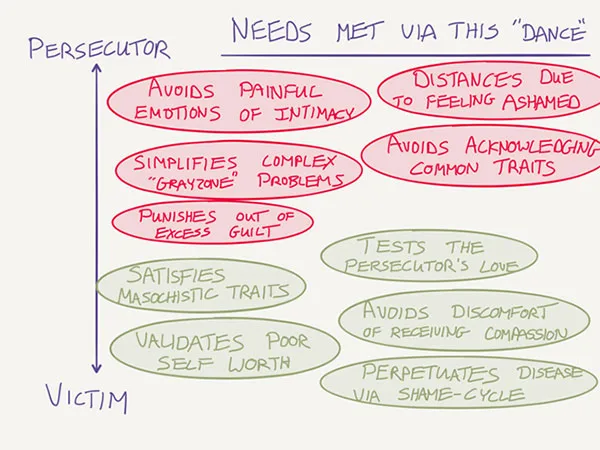
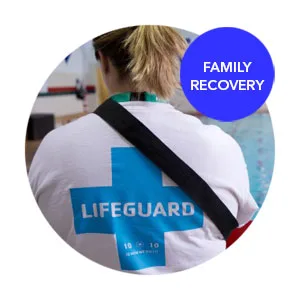
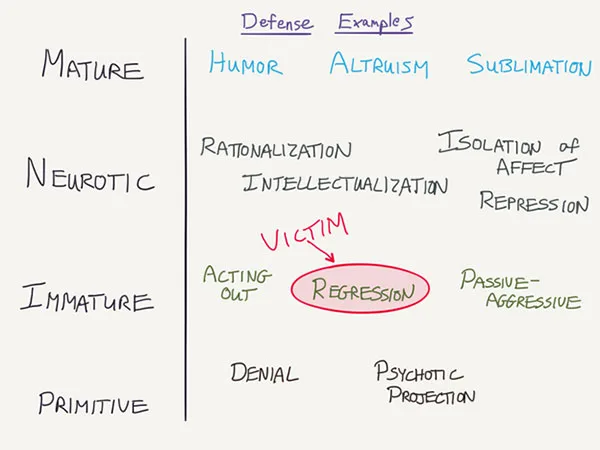
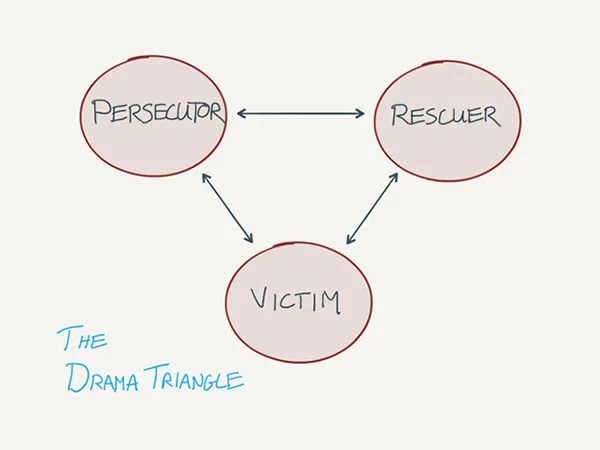
Upon arrival at CeDAR, we will place your packed belongings in a safe stored location, obtain your vitals and have you complete brief initial paperwork.
You will then meet with a licensed clinician to complete a full level of care assessment. Next you will complete admission paperwork. The admissions team will then notify the nursing staff that you are ready to be assisted to the assessment unit.
Assessment & Detox Unit
Every patient will enter treatment through our Assessment and Detox Unit (ADU). Whether you are admitting directly for residential services or may need detox services prior to residential; your initial nursing and history and physical will be completed in the ADU. You will receive specialized medication management by our trained Addiction Medicine Providers. Labs and medications will be ordered for your specialized needs. We are affiliated with the University of Colorado Hospital (UCH) and UCHealth. The emergency room is directly across the street from us should a higher level of medical need be necessary.
Within the initial 24 hours of treatment, you will have a history and physical completed by an addiction medicine provider and you will have an initial meeting with a counselor. Within 72 hours you will be assigned a specific counselor and psychiatric provider that will oversee your care with the treatment team.
After the initial assessment and detox unit and once you are medically stable, you will be assigned to one of our residential cottages where you will complete the remainder of your treatment. The team at CeDAR will orient you to the residential rules and regulations, discuss visitation opportunities, and orient you to the group schedule. In addition to our group schedule, we have a fitness center that you will have access to when the personal trainer from the Health & Wellness Center runs group and we have a spiritual center where you will have access to a chaplain should you have any spiritual needs or requests during treatment.
Please feel free to contact the Admissions Department with any additional questions related to treatment or our processes: 720-848-3000, option 2. We look forward to welcoming you to CeDAR and continuing your journey of recovery.
An initial phone screening for addiction treatment is a crucial step in starting your recovery journey. It’s designed to gather information and help place you in the most suitable level of care and treatment location. Here’s what you can expect:
Getting acquainted:
Information gathering:
Program options and recommendations:
Next steps:
Additional things to keep in mind:
Remember, this initial phone conversation and screening is a positive step toward your recovery. Taking this first step can be daunting, but it’s an important decision that can lead to lasting change and recovery.
We are always available to answer your intake and general questions, so please feel free to give us a call 720.848.3000, option 2. You can also fill out the website contact form and a team member will reach out to you.
"*" indicates required fields